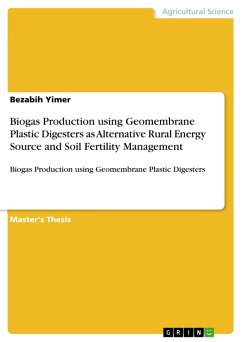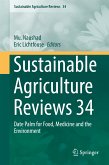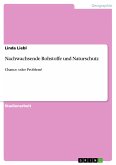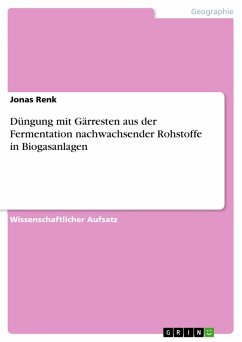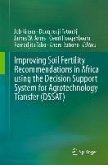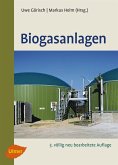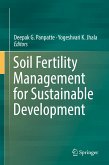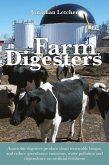Master's Thesis from the year 2008 in the subject Agrarian Studies, grade: Very Good, , course: Tropical Land Resources Management, language: English, abstract: Abstract The study was conducted in North Wollo, Mersa-Chekorsa village, Ethiopia in 2006/2007, where animal dung for biogas production is available. The overall objective of the study was to introduce economically feasible, technically acceptable and environmentally friendly biogas plant to the farming community and other potential users in Ethiopia. The research was carried on two types of biogas plants of 3m3 capacity (1) geo-membrane plastic (two single and two double layered) biogas plants constructed below and above the ground surface and (2) fixed-dome biogas plant. Each bio-digesters was fed with a mixture of 75Kg of cow-dung and 75Kg pure water at equal volume and proportion. Amount of gas and slurry were measured using calibrated biogas burner and weight balance respectively. The quality of the slurry (i.e. total-N and organic matter content) were analyzed in the laboratory using Kjeldahl and ash method respectively. The bio-digesters were compared after gas has completely produced at the end of 40 days of fermentation with respect to amount of gas and slurry produced, quality of slurry in terms of total-N and organic matter content. Economic analysis of the bio-digesters was carried out using cost-benefit analysis. The social aspect of using biomass and biogas technologies and environmental impact assessment of the new geo-membrane plastic biogas technology was also assessed. The emissions of CO2 and CH4 were computed by measuring the production of biogas in the two models of bio-digester. Fermented slurry contained larger nitrogen content than fresh cow dung in both models of bio-digester. The geo-membrane plastic biogas plant gave higher net benefit than fixed-dome biogas plant. So, from this, investment on geo-membrane plastic bio-digester is economically feasible. Environmental impact assessment of the technology was studied and found that 360.04 m3 of CO2 and 600.06 m3 CH4 was prevented from emitting in to the atmosphere and save 0.562 hectare of forest per year. Generally, it was found that, the geo-membrane cylindrical film bio-digester technology was found cheap and simple way to produce gas in the study area and it was recommended to introduce the technology into the rural areas having even and high temperature which is similar to the study area more preferably to an area having mean daily temperature greater than 20 OC. Key words:Geo-membrane ,fixed-dome bio-digester, biogas, quality of fermented slurry,economical feasibility
Dieser Download kann aus rechtlichen Gründen nur mit Rechnungsadresse in A, B, BG, CY, CZ, D, DK, EW, E, FIN, F, GR, HR, H, IRL, I, LT, L, LR, M, NL, PL, P, R, S, SLO, SK ausgeliefert werden.

